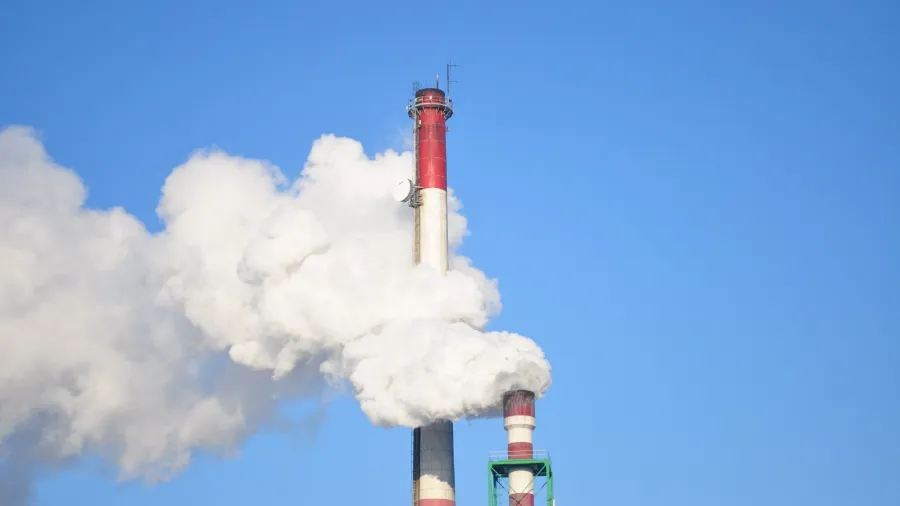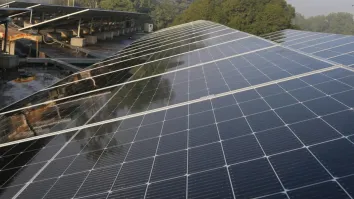
‘It’s now or never’: UN panel urges immediate action on climate change
Gas emissions globally should be reduced by 43% by 2030.
Despite efforts in place, initiatives to cut greenhouse gas emissions in all sectors must be stepped up to meet the world’s target of limiting warming to around 1.5 degrees Celsius, according to the United Nations Intergovernmental Panel on Climate Change (IPCC).
The IPCC released its Climate Change 2022: Mitigation of climate change report, assessing the measures put in place to reduce carbon emissions globally as well as their long-term impact to emissions goals.
In a statement, the panel said global gas emissions should peak before 2025 at the latest and be reduced by 43% by 2030, whilst methane should be reduced by about a third to limit the warming to around 1.5 degrees Celsius.
However, it said that it is almost unavoidable that the limit will “temporarily exceed” the temperature threshold but it could return to below the target by the end of the century.
“It’s now or never, if we want to limit global warming to 1.5°C (2.7°F),” IPCC Working Group III Co-Chair Jim Skea said. “Without immediate and deep emissions reductions across all sectors, it will be impossible.”
According to the panel, global temperature will stabilise when carbon dioxide emissions reach net zero and this means achieving it in the early 2050s for the 1.5 degrees Celsius threshold, and early 2070s for the 2 degrees Celsius target.
To limit warming to around 2 degrees Celsius, greenhouse gas emissions should also peak before 2025 and be reduced by a quarter by 2030.
The IPCC said that the average annual global greenhouse gas emissions were at the highest levels in 2010 to 2019 but the growth rate has slowed. It said that in 2010, there have been sustained declines of up to 85% in the costs of solar and wind energy, and batteries.
Various policies and laws have been put in place that have enhanced energy efficiency, reduced deforestation rates, and accelerated renewable energy deployment, it said.
“We are at a crossroads. The decisions we make now can secure a liveable future. We have the tools and know-how required to limit warming,” said IPCC Chair Hoesung Lee.
“I am encouraged by climate action being taken in many countries. There are policies, regulations, and market instruments that are proving effective. If these are scaled up and applied more widely and equitably, they can support deep emissions reductions and stimulate innovation,” Lee added,
Priyadarshi Shukla, co-chair of the IPCC Working Group III, greenhouse gas emissions can be reduced by 40% to 70% by having the right policies, infrastructure, and technology that will allow lifestyle and behaviour changes.
The panel also said that cities and other urban areas also offer “significant opportunities” for emission reductions through lower energy consumption, electrification of transport in combination with low-emission energy sources, and enhanced uptake and storage using nature.
Meanwhile, using materials more efficiently, reusing and recycling products, and minimising waste can reduce emissions in the industry sector which accounts for about a quarter of global emissions. For basic materials such as steel, building materials, and chemicals, the IPCC said low to zero-greenhouse gas production processes are at the pilot to near-commercial stage.
“Achieving net-zero will be challenging and will require new production processes, low and zero-emissions electricity, hydrogen, and, where necessary, carbon capture and storage,” it said.



















 Advertise
Advertise






